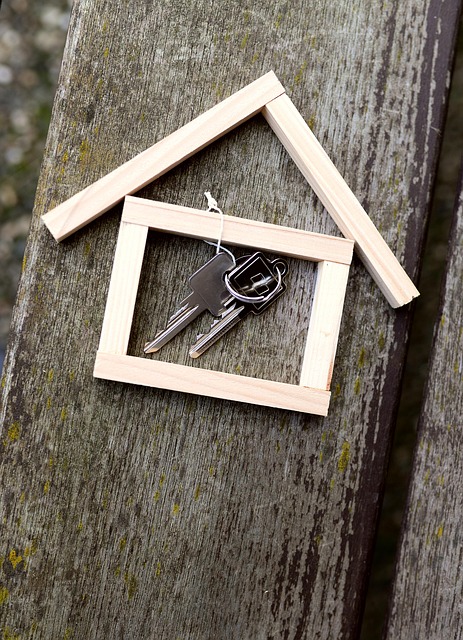
Whether it’s a quaint duplex or a sprawling multi-unit complex, rental properties are living, breathing investments. And like any living system, they require ongoing attention—not just at lease signing or when tenants move out, but regularly and with intent.
Regular inspections are less about catching tenants in the act and more about tracking the natural wear and evolution of a building over time. Properties don’t decline overnight. They erode in increments—small leaks that become ceiling stains, subtle cracks that widen with the seasons, neglected filters that stress an HVAC system to its breaking point. Without consistent oversight, a manageable issue can silently cross the line into a costly repair.
Inspections also help maintain consistency. When properties are reviewed on a predictable schedule, both landlord and tenant share an understanding of standards. Minor maintenance requests aren’t dismissed, and cosmetic damage doesn’t have the chance to morph into structural concern. This rhythm builds accountability—on both sides. Tenants tend to treat spaces with greater care when they know their environment is being monitored thoughtfully and fairly.
Another overlooked benefit? Legal clarity. Well-documented inspection records offer a chronological log of a property’s condition. In disputes over damage, withheld deposits, or liability concerns, a clear history can serve as protection—not just for the landlord, but for the tenant as well. It’s hard to argue with a timeline backed by dated photos, notes, and consistent documentation.
Moreover, these inspections create opportunities to anticipate future needs. Is the roof nearing its lifespan? Are the outlets in older units showing signs of fatigue? Rather than reacting to failure, you begin to plan for upgrades and replacements proactively. That’s not just smart—it’s strategic.
Ultimately, routine property assessments aren’t about micromanagement. They’re about stewardship. A well-inspected rental tells a story of vigilance, care, and respect for both the building and those who live within its walls. It’s not enough to hope a property holds up; it must be observed, understood, and occasionally corrected.
Because the health of a rental doesn’t hinge on big, dramatic moments. It’s the quiet attention in between that truly preserves its value.
